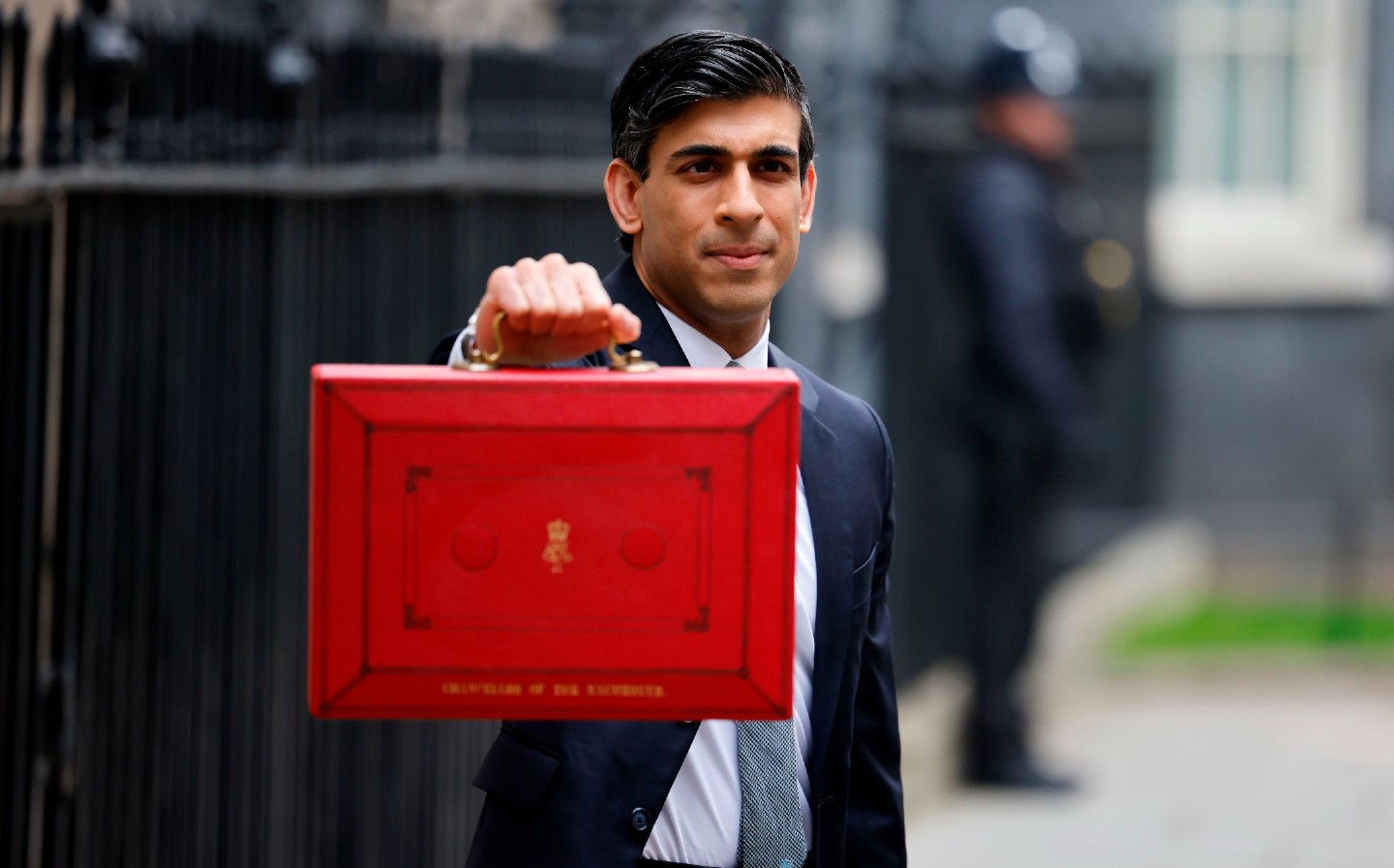Budget 2021: What’s in Chancellor Rishi Sunak’s budget announcement for motorists?
No fuel duty increase
THE CHANCELLOR Rishi Sunak today unveiled his 2021 budget and whilst there’s not a lot in it to specifically concern motorists what is there will come as a relief.
The headline measure for motorists is the continuing freeze of fuel duty rates. Although a rise of 4.9% had reportedly been planned, fuel duty will remain at 57.9p per litre for the twelfth year in a row. A 4.9% rise would have equated to around 2.8p and would have brought fuel duty to 60.79p in 2022.
According to the Chancellor:
“With fuel prices at the highest level in eight years I’m not prepared to add to the squeeze on families and small businesses. So I can confirm today: the planned rise in fuel duty will be cancelled. That’s a saving over the next five years of nearly £8bn.”
“Compared to pre-2010 plans, today’s freeze means the average tank of fuel will cost around £15 less per car; £30 less for vans; £130 less for HGVs. After 12 consecutive years of frozen rates, the average car driver will now save a total of £1,900.”
From an environmental standpoint, the announcement is likely to draw criticism ahead of the COP26 climate summit next week in Glasgow. Figures released last year by the website Carbon Brief suggested that continuing fuel duty freezes over the last twelve years had raised the UK’s carbon emissions by around 5%.
For motorists currently facing all-time high fuel prices, however, any deferral of further price increases will likely be welcomed.
Earlier this week petrol prices hit a record 142.94p per litre and are expected to rise further, possibly as high as £1.50 per litre by the end of the year.
Tax currently makes up 81.64p of the price of a litre of fuel — more than the combined cost of oil, ethanol, retailer margins and delivery costs, all of which have risen sharply in recent months.
Price rises since last October have led to an increase of around £15 in the cost of filling an average 55-litre fuel tank in a family car.
Brian Madderson, chairman of the Petrol Retailer’s Association, a body representing 5,500 independent filling stations nationwide, welcomed the news of the duty freeze saying:
“With pump prices at an eight-year high, PRA has been lobbying Government and the Treasury, in particular outlining the potentially damaging effects on the economy and household budgets of even an inflation-linked rise, so it is positive to hear the Chancellor’s commitment.”
Others, however, did not greet the announcement with much enthusiasm, deeming such a small measure to be largely ineffectual at a time of record high prices. The RAC’s fuel spokesman, Simon Williams said:
“We’re disappointed he [the Chancellor] did not provide some respite for drivers at the pumps. As VAT is charged on the final cost at the pumps, a temporary cut in VAT to motor fuels would have benefitted drivers immediately at a time when filling up the car is hurting household budgets more than ever before as well as the wider economy as people will have less money to spend.”
Elsewhere, the Chancellor also announced an additional £21 billion in funding for roads as part of a wider investment in transport. That includes some £2.6 billion for upgrades to around 50 local roads as well as £5 billion for road maintenance — enough to fill an extra million more potholes a year, he said.
More than £5 billion for improvements to bus, cycling and walking infrastructure were also announced.
There was good news too for HGV drivers and operators with the announcement that the current suspension of the HGV road user levy will be extended until 2023 and that the vehicle excise duty for lorries would also be unchanged.
“We’ve already suspended the HGV levy until August and I can do more today extending it for a further year until 2023, and freezing Vehicle Excise Duty for heavy goods vehicles,” he said, adding that it would be “irresponsible” to suggest that current issues in the sector could be resolved overnight.
Funding, too, is to be set aside for improvements to lorry park facilities in the hope that an improvement in conditions will help address the current HGV driver shortage by luring drivers back to an industry that is haemorrhaging workers. Poor facilities and long periods away from home are some of the reasons cited by drivers for their early retirement from the industry. The national shortage of HGV drivers was one of the main reasons behind the recent fuel supply crisis that saw filling stations across the country run dry.
Tweet to @ST_Driving Follow @ST_Driving
- After reading about Budget 2021: What’s in Chancellor Rishi Sunak’s budget announcement for motorists, you might be interested to know that Tesla’s new U-shaped steering wheel is legal in the UK
- Find out about temporary changes to working hours for HGV drivers
- Watch a child cyclist show appreciation to a HGV driver after he demonstrates how to overtake





